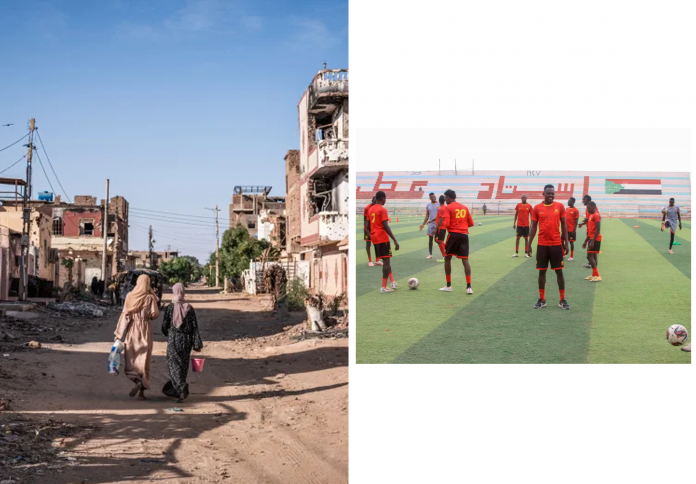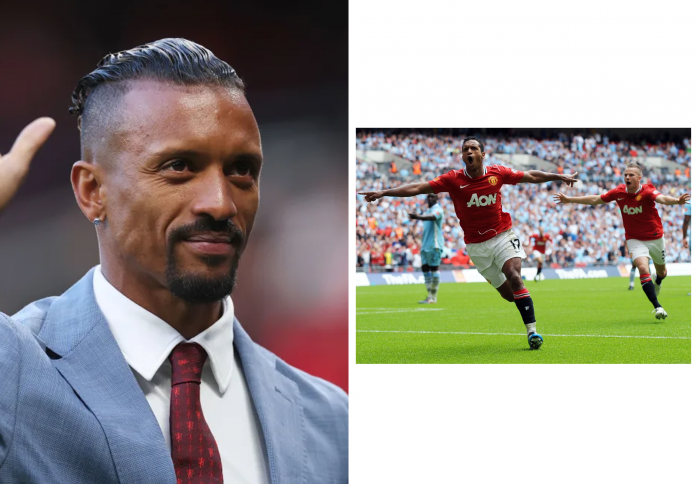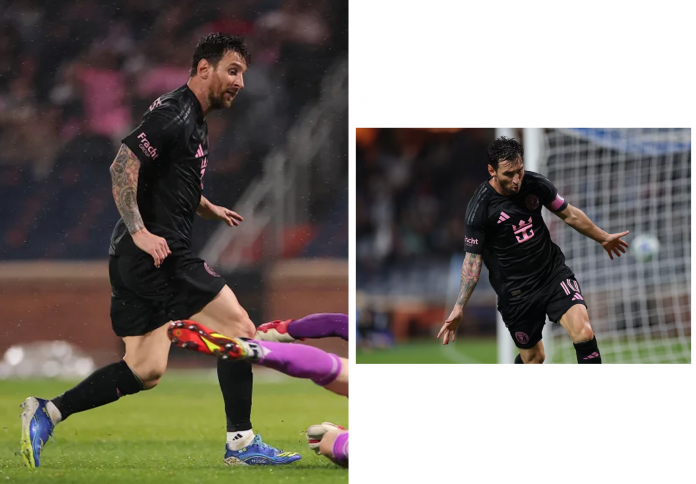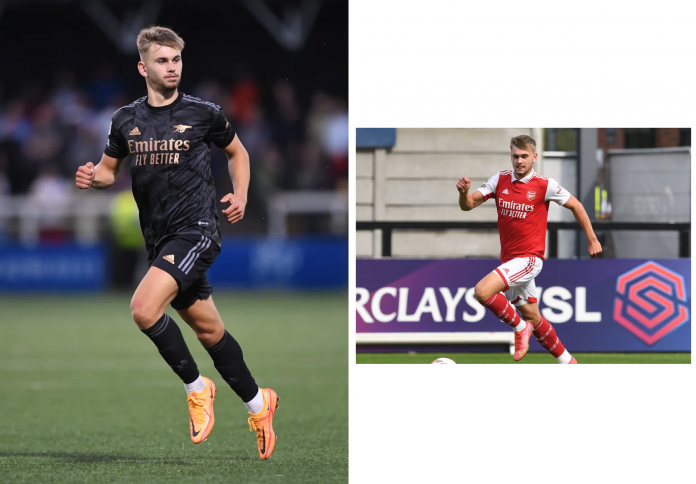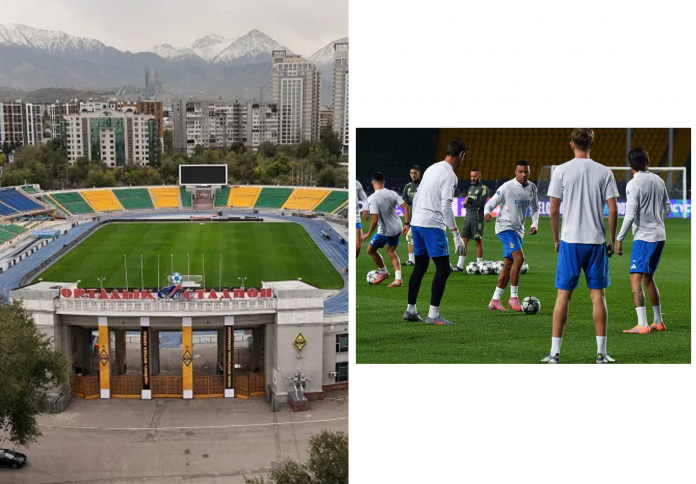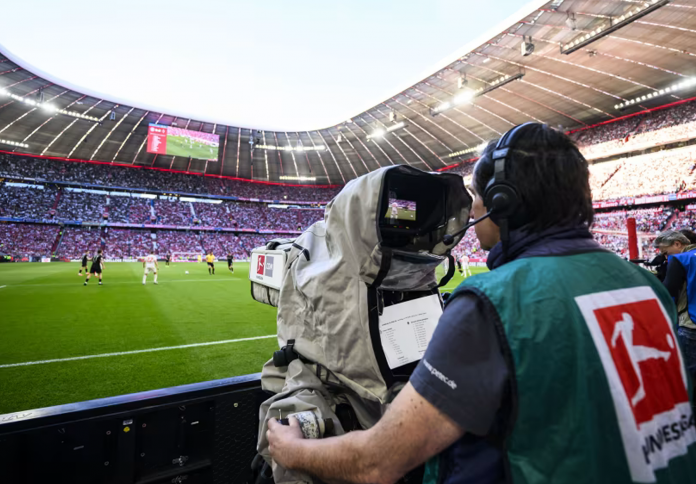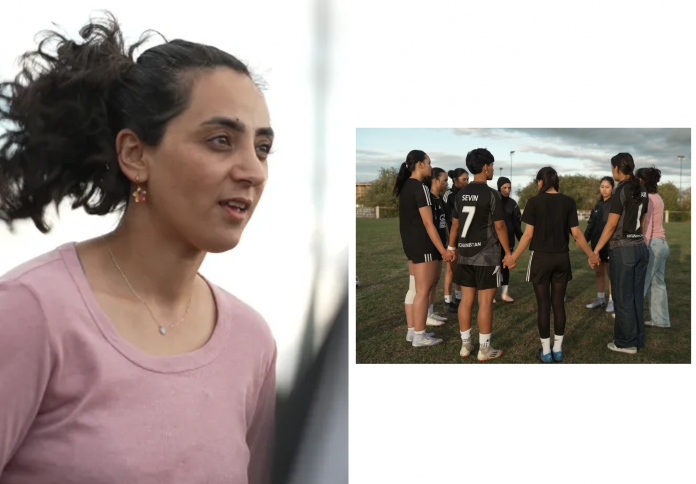In Sudan, a brutal civil war has raged for over two years, creating what the UN terms the “world’s largest humanitarian disaster,” with tens of thousands killed and over thirteen million people displaced.1 Yet, from the rubble of this profound crisis, a powerful and unifying force has emerged: the Sudanese national soccer team. The “Falcons of Jediane” stand on the very precipice of making history, remaining unbeaten after six games in CAF World Cup qualifying. This remarkable surge—placing them just one point from automatic qualification—has turned the team into the nation’s sole symbol of hope, attracting supporters from all sides of the political divide. For ninety minutes, the entire country sets aside its devastating differences to rally behind a common, improbable dream: a first-ever FIFA World Cup appearance.
A Sporting Refuge: The Genesis of an Unbeaten Streak
The outbreak of the civil war in April 2023 immediately brought all domestic soccer in Sudan to a halt, crippling the traditional feeder system for the national team. Recognizing the critical importance of keeping the nation’s key players active, a pivotal and unprecedented agreement was brokered. Sudan’s two most successful clubs, Al-Hilal and Al-Merrikh, were granted permission to compete in the Premier League of neighboring Mauritania.

This logistical solution proved to be the key catalyst for the national team’s current success. With over seventy percent of the Falcons’ most recent squad composed of players from these two clubs, the ability to maintain consistency and compete at a high level was preserved. As Mazin Abusin, Head of Development at the Sudanese FA, noted, this continuous engagement provided the players with the high-level match practice and technical consistency necessary to challenge Africa’s best teams, a consistency that would have been impossible had they remained sidelined by the ongoing conflict at home.
The Uniting Force: Ideologies Set Aside for Ninety Minutes
In a country deeply fractured along political and ethnic lines, with fighting between the government’s military forces and the rebel RSF fighters splitting towns and families, the national soccer team has achieved the near-impossible: a moment of bilateral, shared identity.2 The success of the Falcons of Jediane has transcended the political divide, uniting supporters who otherwise agree on virtually nothing.

The Sudanese FA’s Head of Development described the impact as palpable and “beautiful to witness.” When the national team takes to the pitch, vast ideological differences are temporarily set aside as people from opposing factions come together to support one common cause: World Cup qualification.3 The players and staff have become a powerful icon of hope across the country, a collective entity that demonstrates what Sudan can achieve when its people are working together. This is a moment where sport is not an escape from reality, but a necessary symbol of a possible, unified future.
Home Away From Home: The Diaspora’s Unwavering Support
Due to safety concerns, the national team has been forced to play all of its “home” qualification fixtures in exile. Their adopted home stadium is located in Benghazi, Libya, a decision partly informed by the large Sudanese expat community residing there. According to the UNHCR, over 200,000 Sudanese people have arrived in Libya since the outbreak of the civil war, many seeing the Mediterranean-facing coast as a gateway to Europe.

This mass migration has inadvertently led to a powerful silver lining: when Sudan plays in Libya, the team is backed by thousands of passionate supporters from their homeland, creating a formidable atmosphere despite being far from Khartoum. African soccer journalist Alasdair Howorth noted that due to the size of the Sudanese diaspora across the continent, the Falcons are often seen as “Africa’s team,” capable of commanding support wherever they play. This support has even extended to gestures of regional solidarity, such as when rivals South Sudan joined in singing the Sudanese national anthem, underscoring the team’s role as a symbol of regional unity and perseverance.
A Rapid Rise: Strategic Rebuilding and Diasporic Talent
Sudan’s current unbeaten status is a testament to an incredible turnaround, given that the same team, with many of the same core players, failed to win a single game during the 2022 World Cup qualifying cycle. A major factor in this upturn in fortune is the strategic influence of manager James Appiah, who has successfully leaned on Sudan’s often-untapped diasporic soccer community to rebuild the squad.
Central to this revival are the Eisa brothers, Mohamed and Abo, whose family story—relocating to London in their early childhood—is tragically familiar to many Sudanese families. The brothers established themselves in the lower tiers of the English soccer pyramid before joining the national team. Mohamed Eisa has since emerged as the team’s top scorer in the qualification campaign, bringing a vital new element of technical skill and professional experience. When factoring in the strength of their opposition, including 2021 AFCON champions Senegal and Democratic Republic of Congo, the Sudanese team’s consistency is a genuinely historic feat, proving that their success is hard-won, not accidental.
Training in Exile: A Double-Edged Sword of Privilege
While the team deeply misses playing in front of their home fans, their enforced exodus has provided a unique, double-edged advantage. Currently, the Falcons maintain their training camp in Saudi Arabia, where they benefit from modern facilities that far exceed what would be available to them back in war-torn Sudan. This sustained access to high-quality preparation is seen by the Sudanese FA as a tangible boost to their qualification hopes.
Furthermore, the physical distance from Khartoum has created a mental buffer for the players. Being shielded from the daily expectations and intense media scrutiny typically associated with a national team on the brink of a historic achievement allows the squad to focus purely on the task at hand. While the desire to play on home soil is strong, the current privileges—top facilities and protection from external pressures—are maximizing their chances of successfully completing what would be the greatest achievement in the history of World Cup qualification, providing an unparalleled boost to a nation drowning in hardship.
